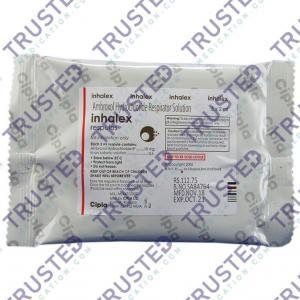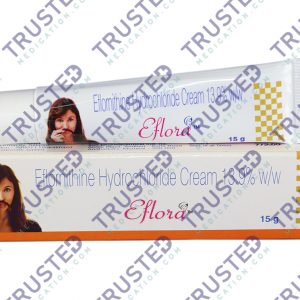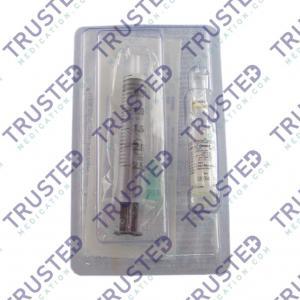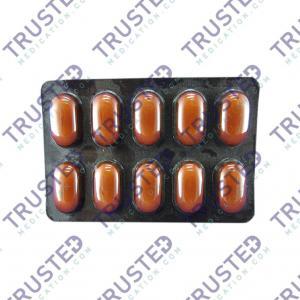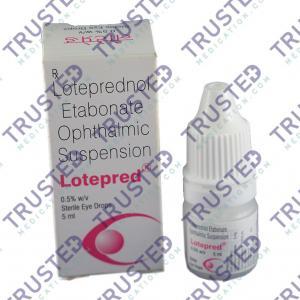
Oral thrush, or oral candidiasis, is a condition in which the fungus Candida albicans accumulates on the lining of your mouth. Candida is a normal organism in your mouth, but sometimes it can overgrow and cause symptoms. Oral thrush causes creamy white lesions, usually on your tongue or inner cheeks. Sometimes oral thrush may spread to the roof of your mouth, gums or tonsils, or the back of your throat.
Even though oral thrush can affect anyone, it is more likely to occur in babies and older adults because they have reduced immunity in other people with suppressed immune systems or certain health conditions or people who take certain medications. Oral thrush is a minor problem if you’re healthy, but if you have a weakened immune system, symptoms may be more severe and difficult to control.
What Are The Symptoms Of Oral Thrush?

Initially, you may not even notice symptoms of oral thrush. Symptoms may include:
- Creamy white lesions on your tongue, inner cheeks, and sometimes on the roof of your mouth, gums, and tonsils
- Slightly raised lesions with a cottage cheese-like appearance
- Redness, burning, or soreness that may be severe enough to cause difficulty eating or swallowing
- Slight bleeding if the lesions are rubbed or scraped
- Cracking and redness at the corners of your mouth
- A cottony feeling in your mouth
- Loss of taste
- Redness, irritation, and pain under dentures (denture stomatitis)
In severe cases, usually related to cancer or a weakened immune system from HIV/AIDS, the lesions may spread downward into your esophagus. If this occurs, you may experience difficulty swallowing and pain or feel like food is getting stuck in your throat.
In addition to the distinctive white mouth lesions, infants may have trouble feeding or be fussy and irritable. They can pass the infection to their mothers during breastfeeding. The infection may then pass back and forth between the mother’s breasts and the baby’s mouth.
Women whose breasts are infected with candida may experience these symptoms:
- Unusually red, sensitive, cracked, or itchy nipples
- Shiny or flaky skin on the darker, circular area around the nipple (areola)
- Unusual pain during nursing or painful nipples between feedings
- Stabbing pains deep within the breast
What Is The Treatment For Oral Thrush?
The goal of any oral thrush treatment is to stop the rapid spread of the fungus, but the best approach may depend on your age, overall health, and the cause of the infection. Eliminating underlying causes, when possible, can prevent a recurrence.
- Healthy adults and children. Your doctor may recommend an antifungal medication. It comes in several forms, including lozenges, tablets, or a liquid you swish in your mouth and then swallow. If these topical medications are ineffective, a medication that works throughout your body may be given.
- Infant and nursing mothers. If you’re breastfeeding and your infant has oral thrush, you and your baby could pass the infection back and forth. Your doctor may prescribe a mild antifungal medication for your baby and an antifungal cream for your breasts.
- Adults with weakened immune systems. Most often, your doctor will recommend an antifungal medication.
Thrush may return even after it’s been treated if the underlying cause, such as poorly disinfected dentures or inhaled steroid use, isn’t addressed.
These suggestions may help during an outbreak of oral thrush:
- Practice good oral hygiene. Brush and floss regularly. Replace your toothbrush often until your infection clears up. Don’t share toothbrushes.
- Disinfect dentures. Ask your dentist for the best way to disinfect your dentures to avoid reinfection.
- Try warm saltwater rinses. Dissolve about 1/2 teaspoon (2.5 milliliters) of salt in 1 cup (237 milliliters) of warm water. Swish the rinse and then spit it out, but don’t swallow.
- Use nursing pads. If you’re breastfeeding and develop a fungal infection, use pads to help prevent the fungus from spreading to your clothes. Look for pads that don’t have a plastic barrier, which can encourage the growth of candida. Wear a clean bra every day. Ask your doctor about the best way to clean your breast nipples, bottle nipples, pacifiers, and any detachable breast pump parts if you use one.
Medicine recommended for oral thrush:
- Clotrimazole – this medication is an antifungal drug. Most doctors frequently prescribe Clotrimazole to cure fungal infections because of its abrupt and long-lasting effect.



